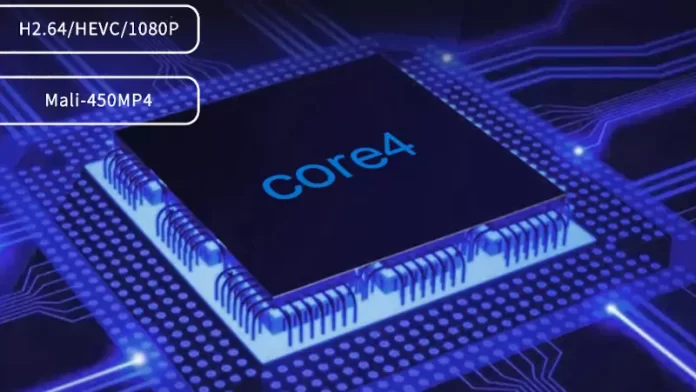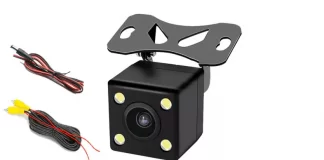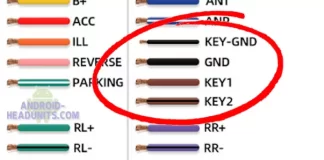The word quad-core and its derivatives, like quad-core and 4-core, are used extensively in the language of Android headunits. We will explain what the different versions of the quad-core names mean and how they affect the Android headunit operation.
Quad-core Answers
Is a QuadCore considered a fast processor for an android headunit.
No. There are no high-speed quad-core-based processors in an Android headunit
Is a quad-core based android head unit considered a good buy?
No. The quad-core-based Android headunits are slow and often lack the necessary RAM to run quickly.
Ia a QuadCore Bad?
No. Quad-cores are not bad, but they are not suited to powering an Android headunit due to their low computational power. The Quad-cores are good at running battery-powered devices and low-power boxes like satnavs, IoT devices, and other low-demand products.
Quad-core meaning
The name quad-core refers to the number of ARM Cortex cores in a single processor.
A Quad-core, quad-core or 4-core processor (SoC) has 4 ARM cortex cores in the silicon chip.
ARM Cores
ARM Cortex cores are the processing power in the processing chips. Different versions of the ARM Cortex were designed over the years, and speed and power consumption improvements have been made. Different graphics chips can be employed, and co-processors can be included. One Quad-core can have one type of ARM core used for its 4 cores, and a different Quad-core could have a different generation of ARM cores utilized. This would lead to two Quad-cores having very different performance characteristics.
4 Cores
To make processors faster, GHz reaches a maximum that can’t be exceeded reliably. The solution is to make more cores in one chip. Instead of impossibly doubling the processor speed (GHz), the number of cores can be doubled, easily. The doubling of cores improves the processing speed. Multiplying the cores by 4 makes a giant leap, and a quad-core has 4 processing cores in one chip. This quad-core technology was a giant leap in 2013 and unlocked the doors to quick (in 2014, Android 4.4 terms) handheld, in-car, and IoT devices.
Only 4 Cores
The QuadCore designs have one overriding limiting factor and only 4 cores. In the ARM Cortex core design improvements, each next-generation quad-core is faster than the previous, but it can’t compete with the generation of 6 and 8-core processor designs.
Typically the quad-core processors are designed for low-power devices like set-top boxes, the amazon fire stick, satnavs, and the Raspberry Pi. The Android headunits need the power of a modern phone because they run the same operating system and use the same apps. Quad-cores are not designed to and don’t run modern Android.
A Quad-core reporting Android 10 is fakery.
Modern Android phones have high-speed 6, 8, and 10-core processors.
Quad-core Limited RAM
Because the Quad-Cores are designed for low power and speed, cheap RAM is unimportant in these devices. The Quad-Cores, by design, are often limited to a maximum of 2 GB RAM. This low level of RAM is not enough for modern Android expectations, and the Android headunit needs more than 2 GB to run well.
Bring on more cores
How do you make the quad-core quicker?
That would be by adding more cores. Double the 4-cores to 8-cores, and you no longer have a quad-core, and the 8-core becomes an octa-core that can run much more quickly than the 4-core can.
The Quad-cores can’t compete on speed with the hexacore (6-core) or octa-core (8-core) designs.
More cores make the processor more powerful and faster for Android and the apps. Only 4 cores are not up to the current specifications for Android headunits that demand more processing power.
Avoid the 4 core
Avoiding all 4 Core processors fitted when looking for an Android headunit will help avoid the fakery and the disappointment with the poor performance of its processor (SoC). The cheapest of the cheap headunits are all quad-core-based, and even some of the more expensive ones are 4-core powered, and these are not recommended for use in an Android head unit.







